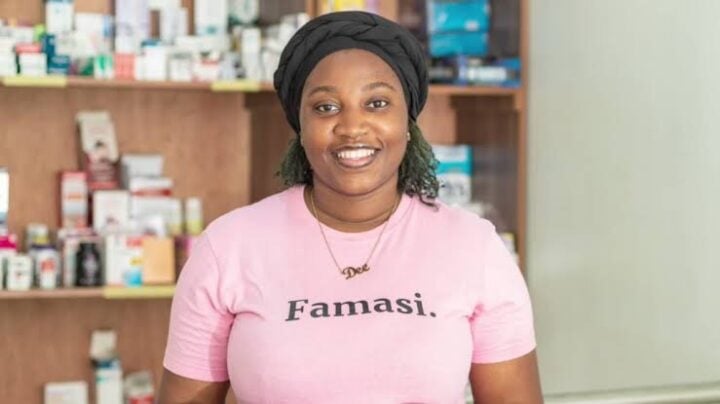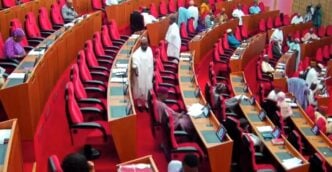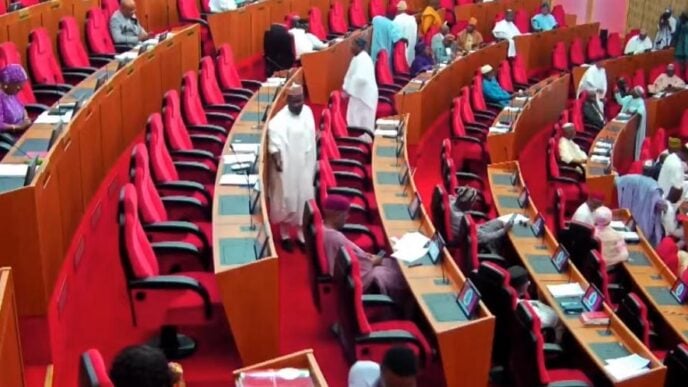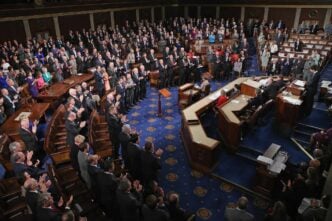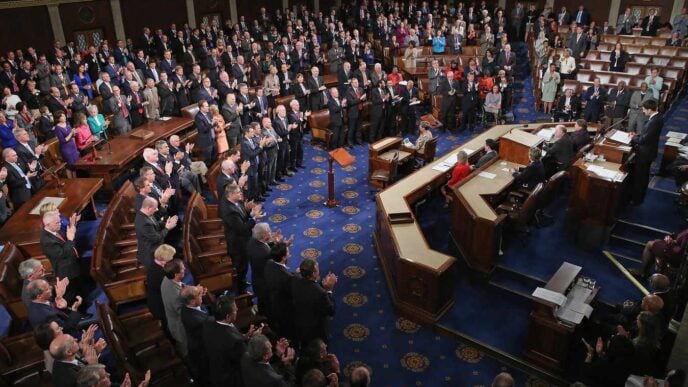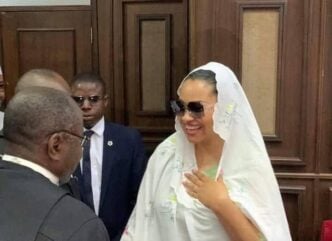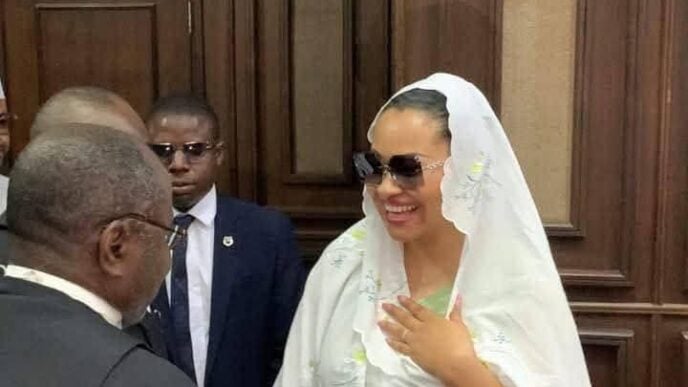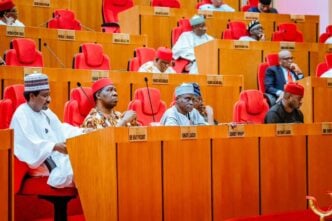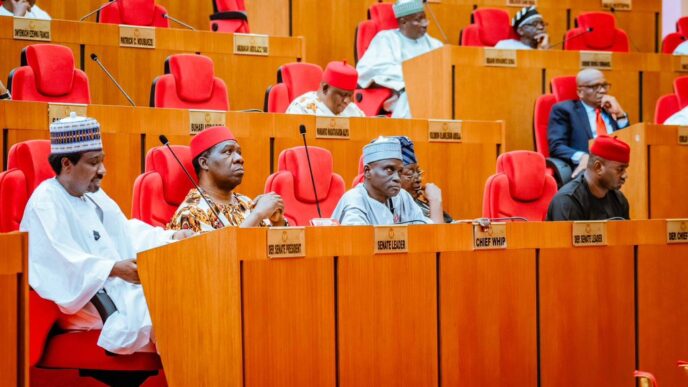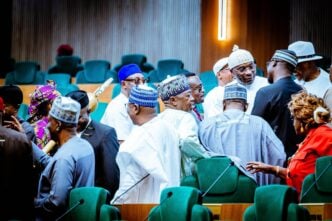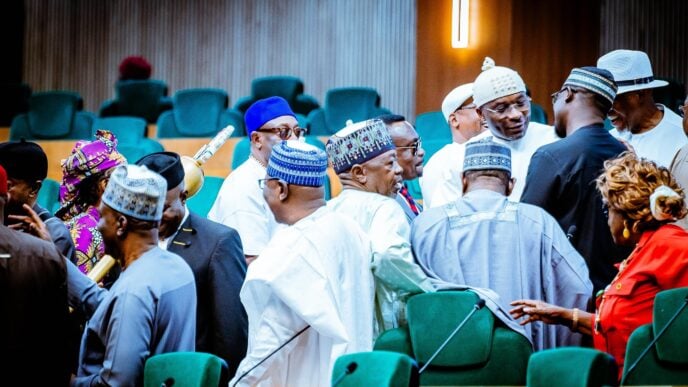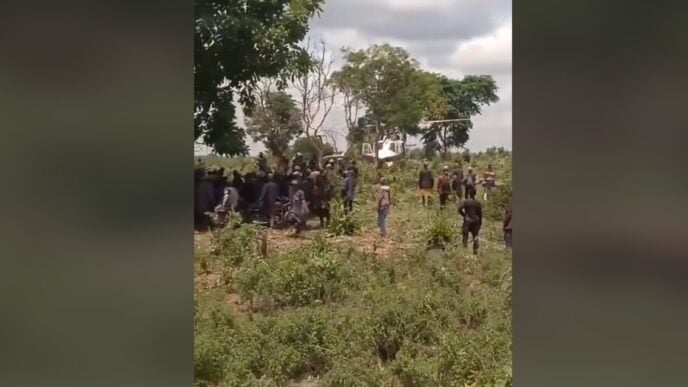Adeola Ayoola, co-founder of Famasi
Adeola Ayoola is a Nigerian pharmacist and entrepreneur who is building smarter ways to access healthcare. In 2021, she co-founded Famasi Africa to simplify how people get and manage their medications.
Before Famasi, she worked across hospital, retail, and supply chain pharmacy, including a role at mPharma and leading the Nigerian rollout of a European wellness brand. Her experience shaped a tech solution that operates in more than 20 states, connecting users to licensed pharmacies and personalised care.
In this interview with TheCable’s VICTORY ORIMEMI, Ayoola talks about the early days of building Famasi, how the startup grew quickly in a tough market, and her vision for expanding healthcare access across the continent.
TheCable: Running a startup can be wild sometimes. So, I’d love to start by asking: What’s the most unexpected thing that has happened since launching Famasi?
Advertisement
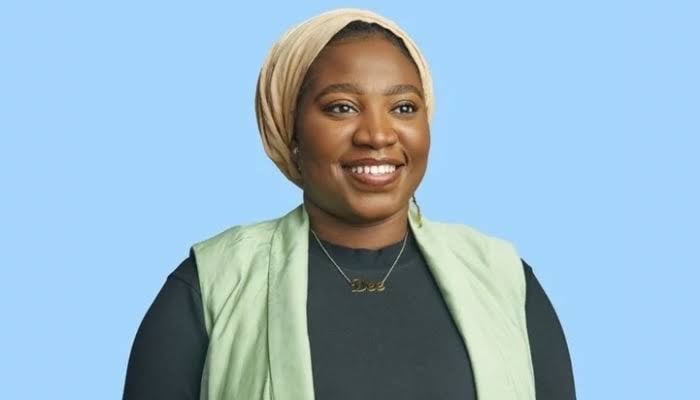
Ayoola: There’s been a lot. I think the first one was when we just launched, and it was still just an idea and someone offered to give us money for it. I guess maybe because of my background in pharmacy, I studied pharmacy and worked as a pharmacist for eight years. I was very green in the tech ecosystem. I didn’t understand things like funding and SAFE investments. We were just thinking, “This is a problem we can solve for ourselves and our loved ones. Let’s see if we can help others too”.
So it was really strange when a stranger reached out and said, “My God, I love this idea and I’m willing to invest in it”. I had to go and read up because what do you mean by you wanting to give me money, and there’s nothing attached? Whether you give me money or not, I’m planning to make it work, so why give me your hard-earned money?
That moment made the whole thing feel real. It was one of the most shocking moments for me. But there have been others. Customers are calling to say they want to pray for us because of what we’ve done for them. And I’m thinking, I’m just delivering medications to you. What do you mean you’re calling to pray for my business? I’ve liked brands before, given them good reviews, but I’ve never called them to say, “Your business must succeed”. Some customers even invested in Famasi.
Advertisement
TheCable: You said Famasi originally started as an online pharmacy. But over time, it’s evolved into something much bigger: a full infrastructure for medication access. What inspired that shift, and how did you know it was the right decision?
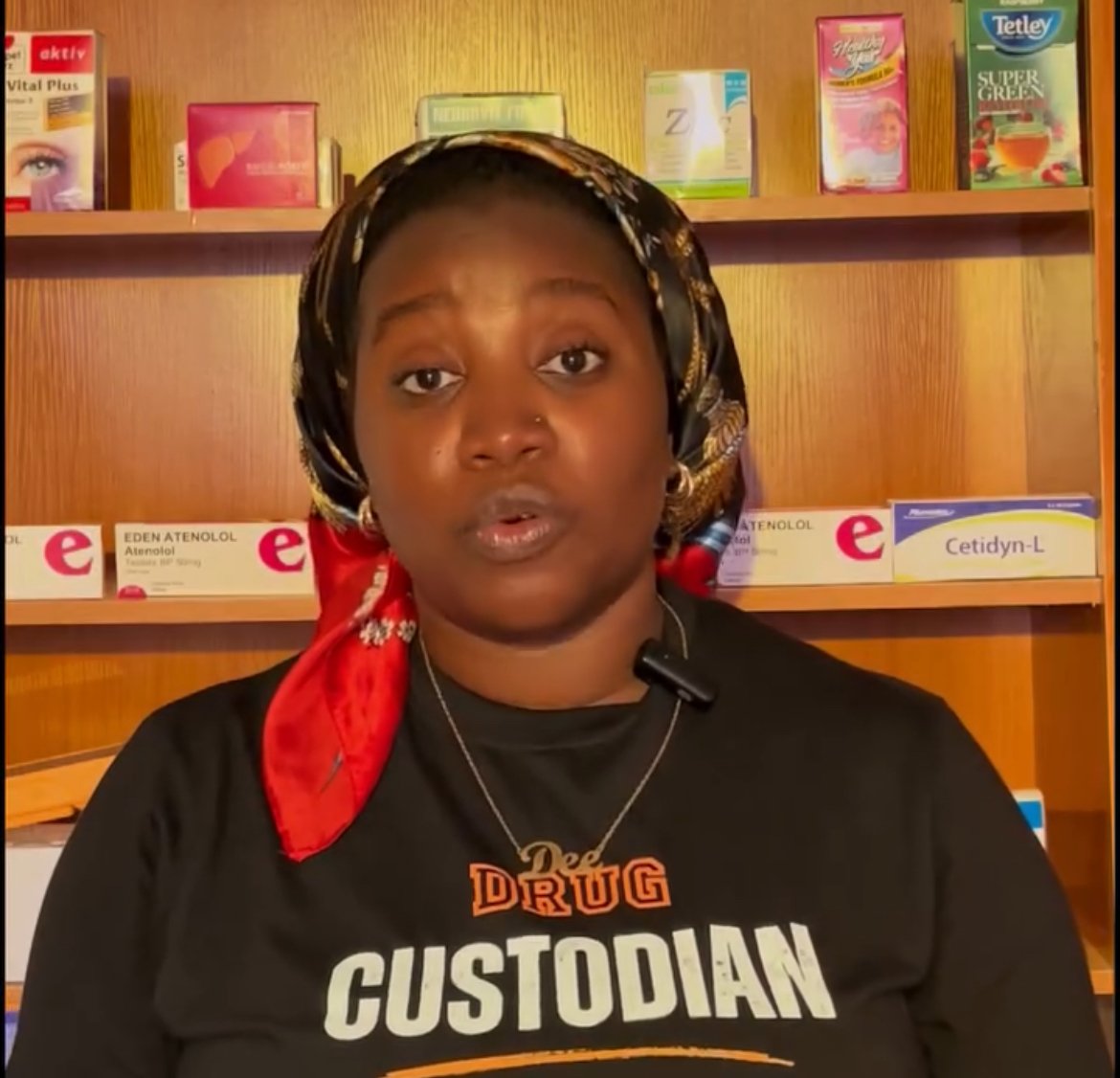
Ayoola: Yes, we did start as an online pharmacy. We just wanted to make it simple for people to access medications. People would reach out; we’d check their prescriptions, sometimes realise they were using five medications that did the exact same thing, and because of my pharmacy background, I’d step in and say, “You don’t need all that.”
We started growing and operating across 15 states, but logistics became a huge problem. Sending meds from Abuja could take five working days. Northern states might take up to two weeks. Sometimes, the meds would arrive damaged or in bad condition. It didn’t make sense that we were trying to simplify healthcare, but we were complicating people’s lives.
We tried almost every logistics provider, but most didn’t understand the complexities of delivering meds. People don’t order medicine until it’s urgent. You can’t tell someone with high blood pressure to wait for three days.
Advertisement
So, we started talking to pharmacies across south-west Nigeria, trying to understand their challenges. We’d send requests to 200 pharmacies via WhatsApp. One would have two out of five drugs; another one has three, and it was inefficient.
Then we realised that most pharmacies manage inventory with pen and paper. If the pharmacist isn’t there, no one knows what’s available. We needed visibility into inventory, something like the infrastructure fintech companies already have. That was what inspired the shift.
We didn’t start out wanting to build infrastructure. But without it, nobody could scale. So, we took on the hard job of building it. I think my pharmacy background really helped; domain expertise matters.
TheCable: Speaking of growth, you’ve scaled to over 20 states and built relationships with pharmacists across Nigeria. What helped you grow so quickly?
Advertisement
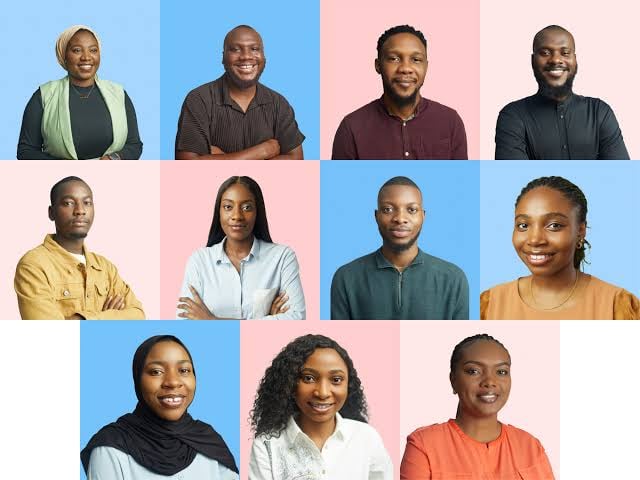
Ayoola: Honestly, I’ve been at the forefront of it personally. Before Famasi, I worked with over 25 pharmacies. I also worked at mPharma, another health tech company that has raised over N80 million to solve supply chain issues for pharmacies. So, I’ve had firsthand experience, both as a pharmacist and as someone who’s tried to solve these problems before. So, I have a very good understanding of the market and its challenges, but I guess our approach has also made things a bit simpler.
Rather than reinventing something entirely new, we’re more focused on improving the existing system. We asked ourselves, what are the blockers? Essentially, we’re solving problems that already exist, rather than trying to create something from scratch. So, understanding the market, asking a lot of questions, and by the grace of God, I guess that was how we got here.
Advertisement
TheCable: One thing I found really powerful is the fact that your startup was built in-house for Nigerians, by Nigerians. Why was it important for you to build locally instead of outsourcing the infrastructure?
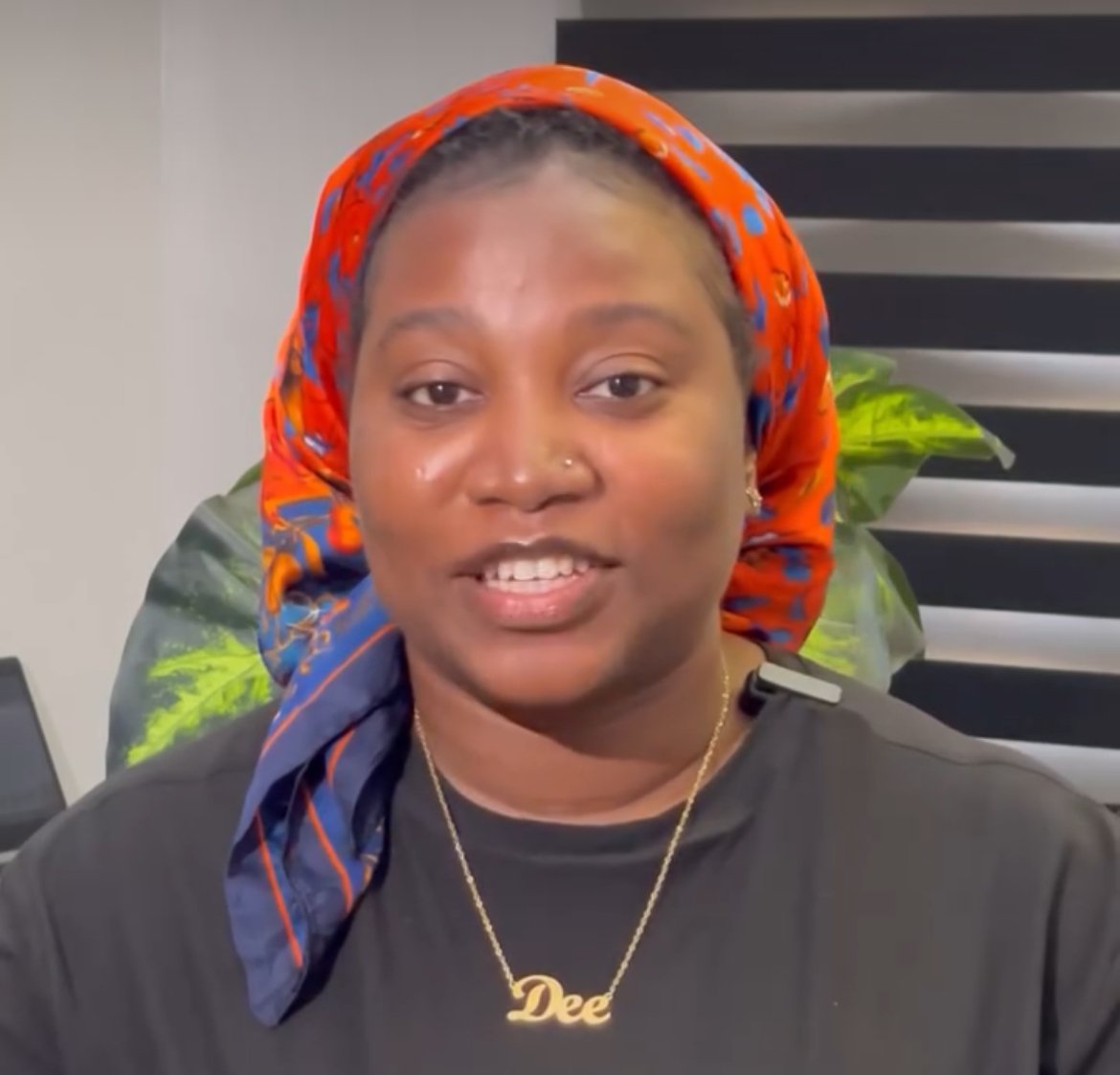
Advertisement
Ayoola: We know the problems. I think there’s a difference between simply understanding a challenge and actually being deeply connected to it.
One of the most unique things about my team is that everyone is directly connected to the problem. It’s something we intentionally look out for. If you haven’t experienced the struggle of trying to access medications. If a loved one of yours hasn’t gone through it in a way that left a deep impression, you might not be the right fit for us, even if you have all the technical skills. Because we’re building from a place of pain.
Advertisement
That means even in the face of chaos and everything we’ve had to go through, we’re essentially building for ourselves. So, when we’re designing the product, the question is: What would make this easier for my loved ones?
Building on that direct connection to the problem, we just knew that if you’re going to build a solution, you need to understand the issue like the back of your hand. You need to have lived it. Outsourcing might have made things faster for us, but a lot would have been lost, especially the local context.
So, we said, we have talent here, we just need to find it. We have people who have lived these challenges. How do we bring them together to build something truly amazing?
Everyone on my team feels like they’re doing the best work of their life. I think that makes it easier to say we’re going to build something huge, something others haven’t been able to build successfully.
TheCable: Famasi was also part of the Google for Startups AI Accelerator programme, and I know you’ve built tools like Remi, your AI pharmacy assistant. How has that programme helped shape your growth?
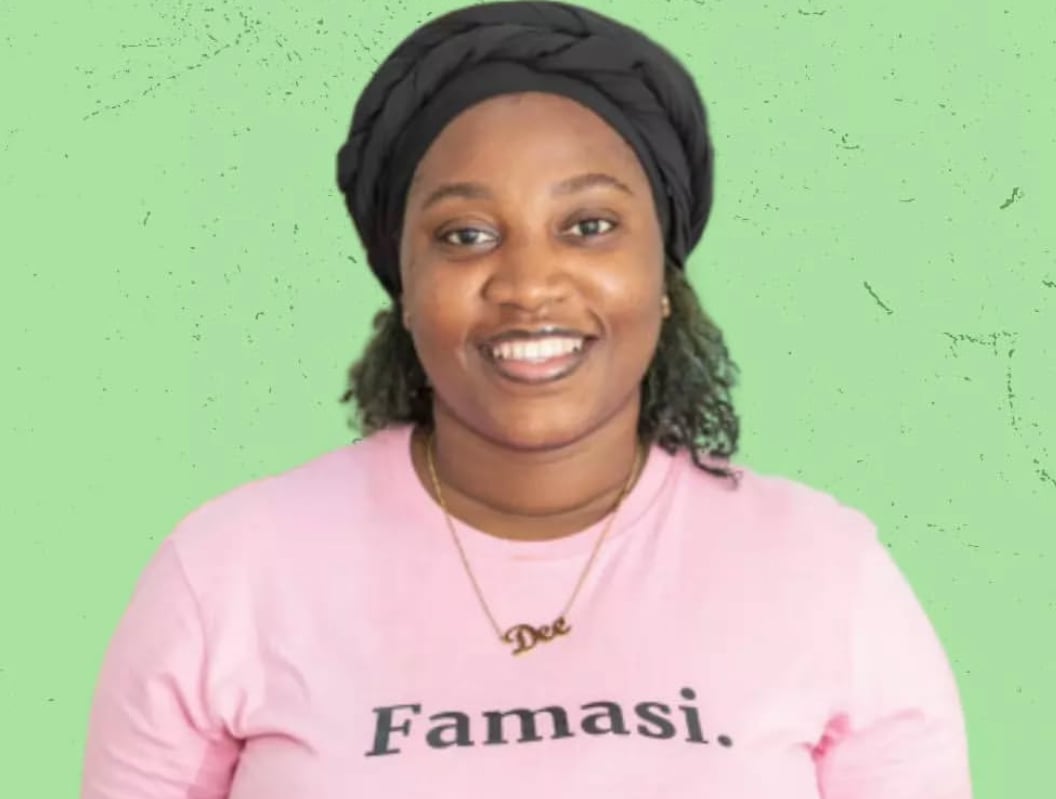
Ayoola: Yeah, we were part of the programme, and I think it was a very interesting journey getting into it too, because we’re a very experimental company. We don’t assume that we have all the answers. So, when we saw the Google AI programme announcement, we thought, “It looks like AI is leading the world. What can we actually do with it?”
We had some ideas, but they weren’t fully formed. Then we got into the programme, and it was like opening doors to see what else was possible and how AI could be leveraged to do so many more amazing things.
Even though it was I, my co-founder, and the engineer/developer who were officially on the programme, we shared everything with the team.
Initially, we manually operated most of our processes. One of the things we did early on was assign a care specialist to every customer.
So, whenever an order was placed, we assigned a care specialist, usually a pharmacist, who understood medications. This person was like your medication buddy. They’d ask, “Have you taken your medications? Don’t forget to send your blood pressure or sugar level readings.”
A lot of people told us personalisation in healthcare couldn’t scale. But we believed that even twins don’t react to medications the same way, and that’s personalisation. We wanted to drive it, but didn’t know how. So, we continued operating manually.
When we got into the programme, we started thinking, how do we scale personalisation using AI? Instead of hiring a new pharmacist for every customer, could we build some kind of personal AI assistant for each customer that caters to their needs?
That was one of our first ideas. As we onboarded more pharmacists, we started to think, what if we empowered them, the retail pharmacists, to be personal pharmacists for people in their communities? Instead of Famasi Africa building one central pharmacy, the pharmacy next door could be your personal pharmacy, offering specialised care.
We were able to think this way because we had been exposed to the possibilities of AI. So, we built Remi, our pharmacy assistant. Again, it came from a real pain point. When you walk into a pharmacy today, the pharmacist has to remember how much a medication costs, whether two medications interact, and what the side effects might be. If the pharmacist isn’t highly skilled, things can go wrong.
We don’t have a lot of health data in Nigeria or across Africa, really. But what if we could build something that took into account all your health information and medication needs? So that anyone interacting with you medically would know, “Don’t prescribe anything with this ingredient for Adeola.” That would be a better health experience.
For us, AI is an enabler, not the centrepiece. It’s about making existing systems simpler. Remi also predicts restock needs based on consumption patterns. It helps pharmacists know what to order and when, while still prioritising better care for their patients through information and support.
TheCable: Amazing! You’ve previously spoken about broken trust in healthcare, especially around things like wrong prescriptions. How does Famasi help restore that trust for your users?
Ayoola: We’re building a personal pharmacy for everyone to solve that. From the pharmacist’s side, we are working with them to say, “This is going to help you”, even when people don’t trust that you’re well-equipped.
Okay, so I have to give a little bit of background. When I started working as a pharmacist, I was very green. I had just graduated from school and had to work in a community where people relied on me for health information and medications, but I didn’t know much.
Every time someone came for a medication, I would have to run into the office, open the leaflet, and check reference books to make sure I was prescribing the right dose for the right person. Sometimes, people would look at me like, “You small pharmacist, what do you know? Are you sure you can even give me my medications?”
But by assisting the pharmacist with Remi, they’re now more confident in delivering care to their communities because they don’t have to run to check those reference books anymore.
So, building trust for pharmacists in the community is one of the things we’re very focused on. But also, on our end, we want to ensure patients have all the health information they need at their fingertips and can ask all the necessary questions about their health. That’s how we’re trying to rebuild your trust.
TheCable: Seeing the company’s growth and how far you’ve come, how do you make sure that drug deliveries are accurate and patient data is kept safe?
Ayoola: So, with patient data, the data we receive right now comes mostly from other businesses that have patients they need to deliver medications to, such as health insurers, telemedicine providers, and specialist doctors. The information they pass on to us is strictly medication-related. This means we can go through the prescriptions, but all the other personal data remains with your provider. We don’t have access to that.
What happens is that the medication information shared with us is used to create a prescription that is then transferred to the pharmacy. The pharmacy receives a request that’s anonymised. It doesn’t show the patient’s name or phone number — only the location. For example, it would say, “Patient XYZ, 2 km from you, needs paracetamol”. The pharmacy can then accept or decline the request, similar to how ride-sharing apps work, where you get offers and select the one you want.
As a patient, you then have the option to accept the delivery of the medication or walk into the pharmacy to pick it up, especially if it’s nearby. You provide your anonymised user ID to the pharmacy, and then you can collect your medication.
We also verify the pharmacists we work with. All pharmacies are licensed by the Pharmacy Licensing Body (PCN), and their licenses must be renewed every year. We check to ensure that their licenses are up to date, which gives us security that the pharmacies are traceable. From time to time, we also check the quality of medications they deliver. We operate in a space where regulatory requirements are stringent. So, a pharmacy that is licensed for the year is compliant with all necessary regulations to deliver safe medications.
TheCable: I imagine it has not been easy, especially with the current economic situation. What has kept you going?
Ayoola: First, I’d say the customers. Initially, we just wanted to do pharmacy for 100 people, just our loved ones and help them get their medications. But it has grown way beyond that. I’d say I’m grateful that we’ve built something that has improved the quality of life for most people.
We had a customer who had to crowdsource funding from friends and family because they had a rare condition. The medication for that condition had to be imported from India, and it took three months for the drugs to arrive. When they joined Famasi, we discovered that there are pharmacies in Nigeria that actually stock those medications. But again, because there’s no visibility, the customer didn’t know those pharmacies had the drugs. Also, the pharmacies didn’t know some patients needed them. So, there was a huge disconnect.
We were able to bridge that gap, and now the customer doesn’t need to crowdsource anymore. Now, they even run an NGO advocating for awareness of that rare condition. My point is, when you see things like this, it has a huge impact. It makes the chaos, challenges, and stress all worth it.
TheCable: In this part of the world, many people self-medicate, either because they don’t believe in going to the hospital or they see it as a financial burden. Do you have a system in place to ensure your customers still visit the hospital for proper check-ups before getting medication?
Ayoola: Yes, we don’t prescribe any medication to anyone ourselves; that’s why we work with the healthcare providers. In Nigeria and other emerging markets, going to the hospital can be a hassle, so people often turn to nearby pharmacies as their first point of call. Now, while there are certain conditions that pharmacies can manage and prescribe for, most health issues are best handled by doctors.
So, when people come to us without a prescription and ask for medication, we refer them back to their doctors. Some of them already have doctors but didn’t think it was necessary to go back. In such cases, we help reconnect them. For those who don’t have doctors, we partner with health institutions, including telemedicine platforms and specialist doctors. So, we refer them to those doctors, and once a prescription is given, we step in to connect them with a pharmacy that has the medication.
TheCable: You’re clearly passionate about improving medical access in Nigeria. But what’s next for Famasi? Are you looking to expand beyond Nigeria?
Ayoola: Yeah, we had to start from Nigeria because this is home and also where we’ve experienced the problems firsthand. We believe that if you’re able to build for the Nigerian market, then scaling across other regions becomes easier. There will be some changes, but we’ll have something to rely on. The aim is to expand into East and West Africa first, and then into other emerging markets.
TheCable: Finally, if you had the power to change one thing about healthcare delivery across Africa, what would that be?
Ayoola: I think I’d wave a magic wand that helps everybody to care. We say “healthcare” a lot, but the care part is really missing.
Healthcare is often built with the mindset of “just build it, people want to feel healthy, so they’ll come”. But that extra intentionality, like making the process simpler, more accessible, and affordable across different price points, is really missing.
For us, one of the biggest things we focus on is “carecaring”. Because if you care about how people access these services, if you care about the flow, and about what they eventually get, it influences how you design and build for them. So, whether as a tech company or a traditional healthcare business, I really wish that care was returned to healthcare. That would make everything better for everyone.
